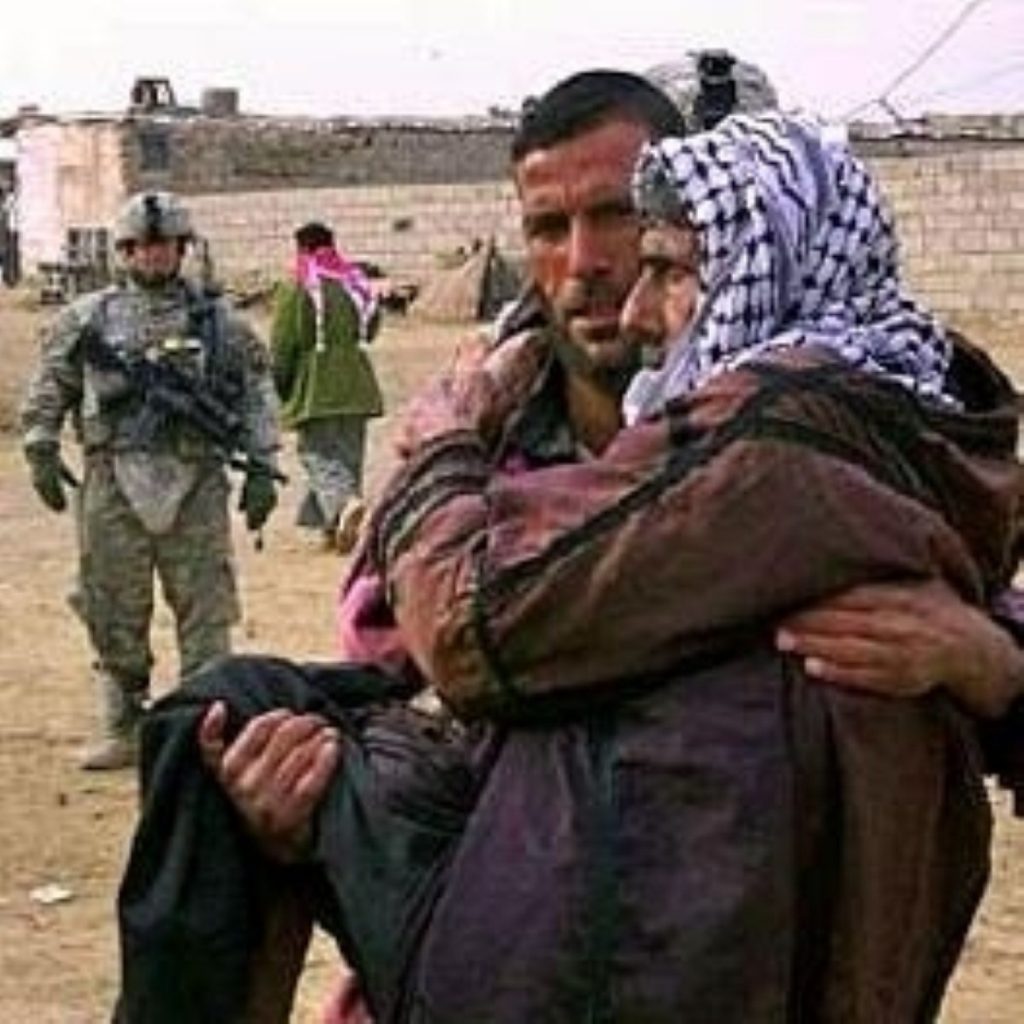Campbell testimony contradicted by Iraq inquiry evidence
By Ian Dunt
The testimony offered to the Iraq inquiry by Alistair Campbell has been flatly contradicted by previously unreleased secret evidence.
Former intelligence chief Michael Laurie revealed to the committee that the purpose of the of the infamous WMD dossier was to “make the case for war”.
The comment is a potentially devastating riposte to the testimony offered by Tony Blair and Mr Campbell, who insisted it was designed to lay out the available evidence.


“Alastair Campbell said to the inquiry that the purpose of the dossier was not ‘to make a case for war’,” Mr Laurie, former Director General Intelligence Collection in the Defence Intelligence Staff, said.
“I had no doubt at that time this was exactly its purpose and these very words were used.
“The previous paper, drafted in February and March, known to us then also as ‘the dossier’, was rejected because it did not make a strong enough case. From then until September we were under pressure to find intelligence that could reinforce the case.”
He continued: “We knew at the time that the purpose of the dossier was precisely to make a case for war, rather than setting out the available intelligence, and that to make the best out of sparse and inconclusive intelligence the wording was developed with care.”
“We could find no evidence of planes, missiles or equipment that related to WMD [weapons of mass destruction], generally concluding that they must have been dismantled, buried or taken abroad.
“There has probably never been a greater detailed scrutiny of every piece of ground in any country.”
Meanwhile, Sir John Chilcot’s team also issued an apology to former foreign secretary Jack Straw, after they questioned him on documents he had been unable to review.
“Because of an oversight by the inquiry, Mr Straw was not specifically notified in advance that the inquiry would wish to refer to certain documents during the hearing, and had not had the opportunity to review them,” it said.
“The inquiry has apologised to Mr Straw for this oversight. The inquiry accepts that Mr Straw was placed at a disadvantage in giving his evidence, and understands his view that the line of questioning should not have been pursued once he had made it clear that he had not had the opportunity to review the documents.”

